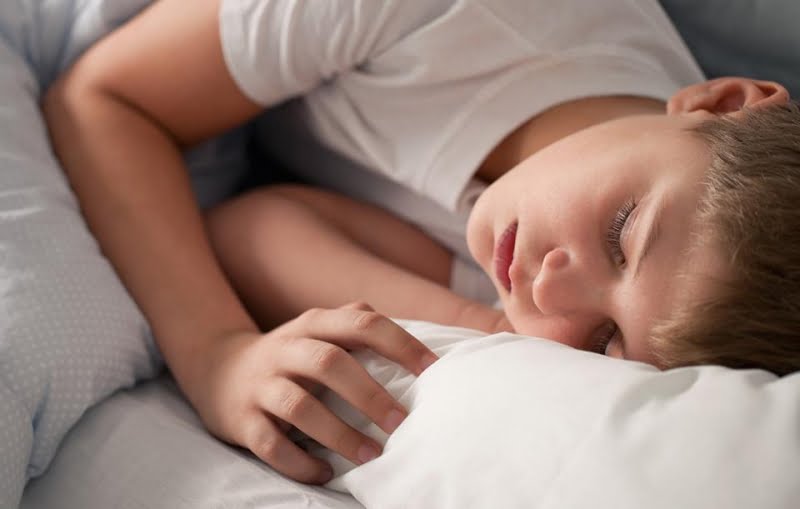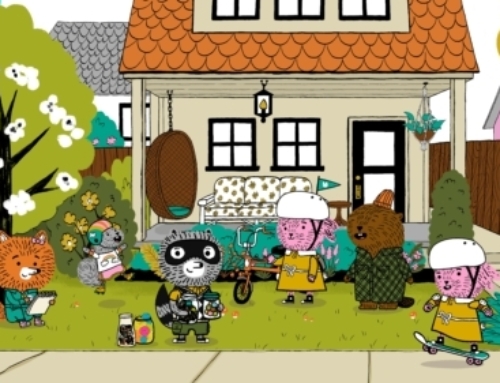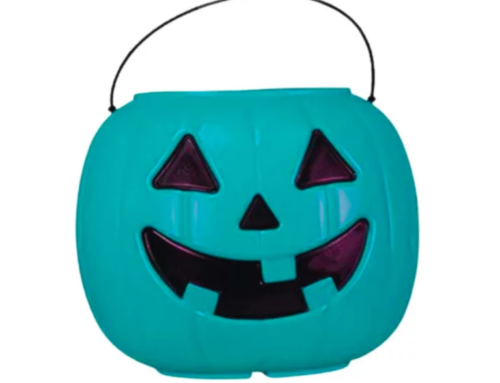A new study has found that If your child has autism, then they could be twice as likely to suffer from sleep problems.
There are several different factors which influence the sleep patterns of 2-5-year-old children with autism spectrum disorder. They are more likely to resists set bedtimes, experience difficulty falling asleep and often wake up during the night with sleep tremors said lead researcher Dr. Ann Reynolds.
 “It was very clear that kids with features of autism have more sleep issues,” said Reynolds, who is an associate professor of developmental pediatrics at the University of Colorado School of Medicine in Aurora. “For almost all categories, there was a difference between ASD kids and the general population.”
“It was very clear that kids with features of autism have more sleep issues,” said Reynolds, who is an associate professor of developmental pediatrics at the University of Colorado School of Medicine in Aurora. “For almost all categories, there was a difference between ASD kids and the general population.”
It is already known that children with autism spectrum disorder (ASD) have trouble when it comes to getting a good night’s sleep. A variety of different studies have found that the number of children with ASD that have sleep problems could be as high as four out of every five. Dr. Reynolds decided to take this research one step further and uncover what is behind these statistics.
The study focused on almost 2,000 children between the ages of two and five. Parents completed sleep habit questionnaires for the children who participated.
- The study found that children with ASD were more than twice as likely to have problems getting high-quality sleep.
- Kids that have autism were more than 45% more likely to have problems sleeping compared to kids with other developmental problems.
- Children with autism consistently scored lower on nearly all aspects of sleep. It was only daytime sleepiness and sleep apnea where kids with ASD were on a similar level.
“Sleep is a big transition,” Dr. Reynolds said. “You’re moving from playing or reading or whatever you’re doing to falling asleep.” This transition from one activity to another can be extremely difficult for children with ASD. Kids with ASD are also more likely to have attention-deficit disorder (ADHD) or anxiety that can also play a large part in having trouble getting to sleep.
Problems with sleep have a flow effect throughout the household with other children and parents often experience difficulty getting a full night’s sleep. Lack of sleep in a household can cause relationship problems both at home, school and flow into work life.
Not all children are the same and what works for one child may not work for another. It’s important that children, parents, and doctors work together to customize a sleep solution that focuses on a child’s individual needs. It is important that each problem is identified and tackled individually to help a child get a better night’s sleep rather than trying to solve the entire problem with one solution.
For example, some children may need to take melatonin supplements under their doctor’s supervision, Dr. Reynolds said. They also may need a specific calming routine before bedtime to help them with the transition from activity to sleep. Sometimes essential oils or a weighted blanket may help.
“You have to take into account they may have sensory differences or more difficulty with calming,” Dr. Reynolds said. “They may be more sensitive to light or noise, and things that are calming to one child may not be calming to a child with autism spectrum disorder.”





